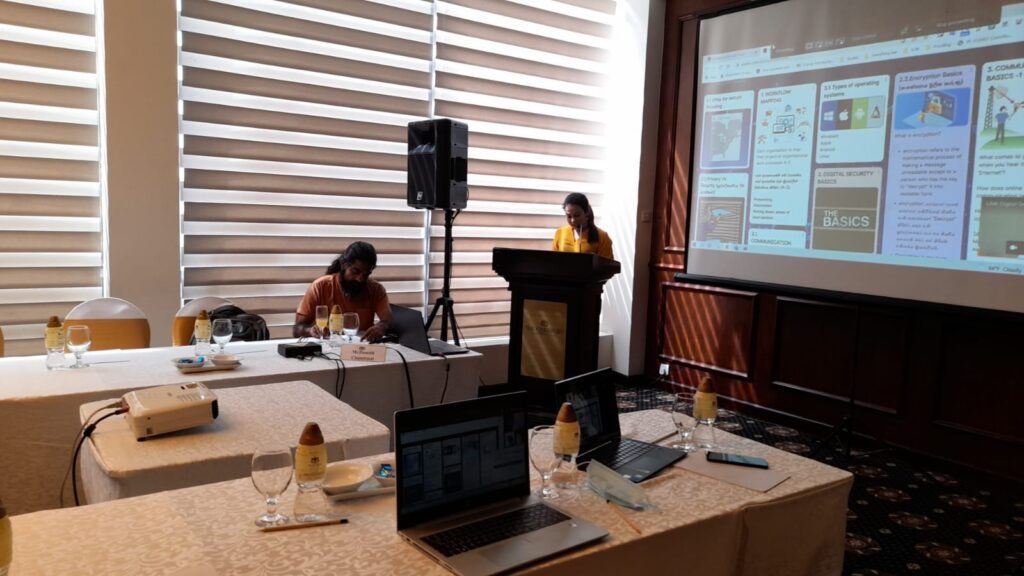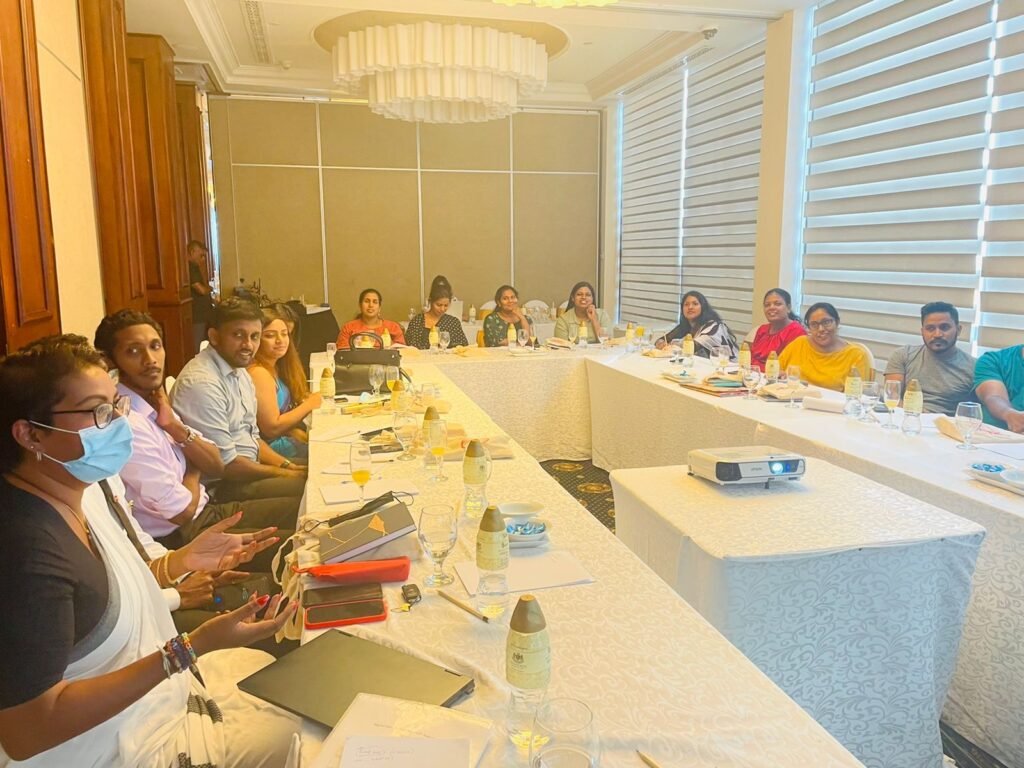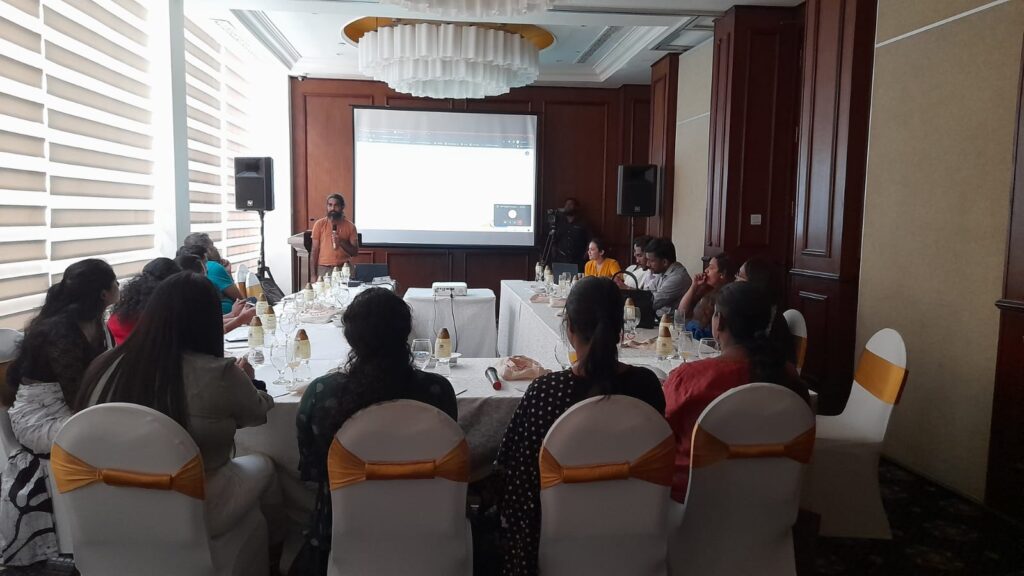LAW Sri Lanka hosted digital security training events for Sri Lankan human rights defenders
Accountability & Rule of Law - Sri Lanka - Legal Aid & Empowerment
On 24 and 30 August, LAW Sri Lanka hosted digital security training events for Sri Lankan human rights defenders. At these events, an expert digital security trainer provided participants with information on best practices for protecting sensitive information in internet-connected devices and responding to online attacks against human rights lawyers, civil society organisations, and their clients and beneficiaries.
The first event, provided to a mixed group of human rights lawyers and members of civil society, was hosted online. The second event, provided to Rajarata Praja Kendraya, a community development organization which focuses on gender equality, was a hybrid event, hosted both online and at the Kingsbury Hotel in Colombo. Forty participants took part in these events.
Participant feedback was overwhelmingly positive, with multiple attendees describing the trainings as “very useful,” and others explaining that the events made them aware of unexpected risks. As one participant put it: “I learned things I didn’t know existed”. The events were hosted as part of LAW’s Technology for Gender Justice project and were supported by funding from the Swiss Agency for Cooperation and Development.



